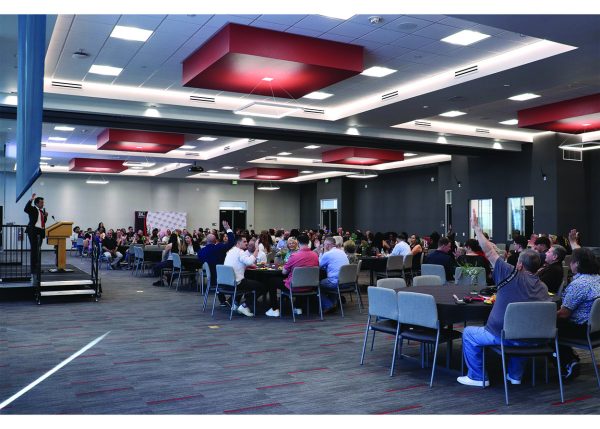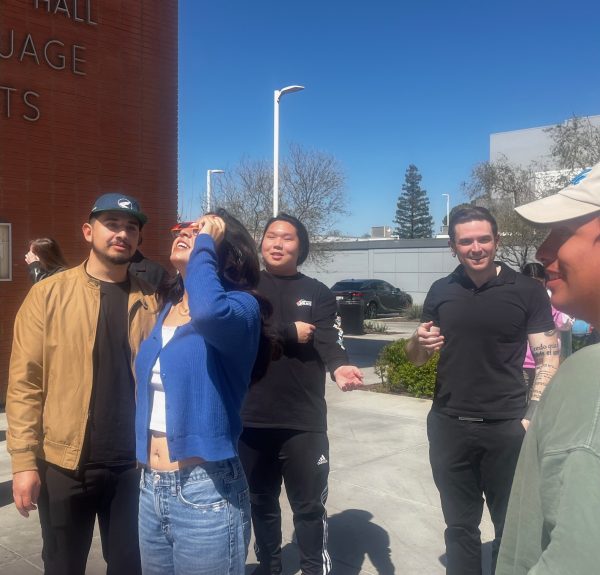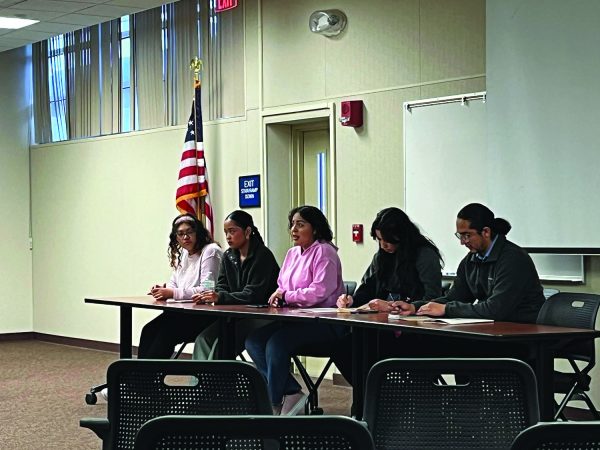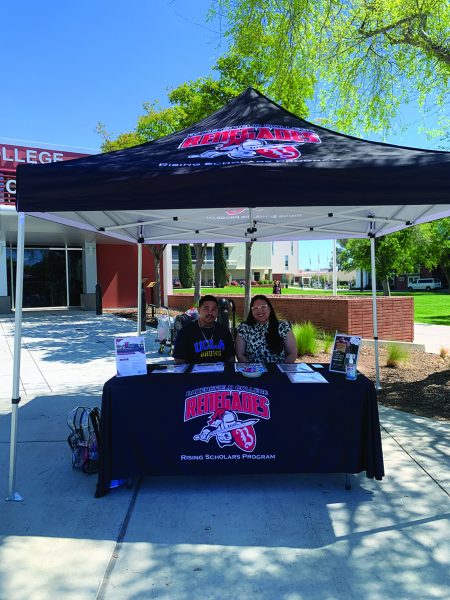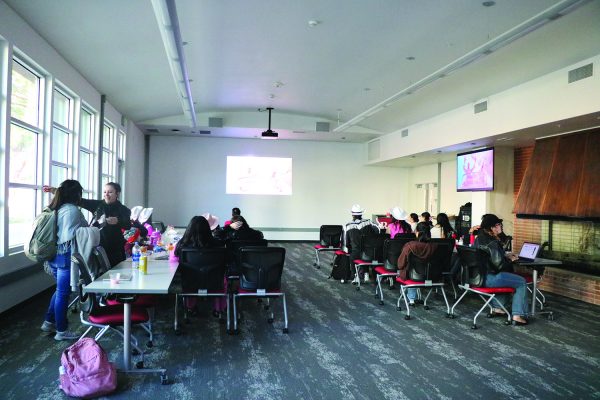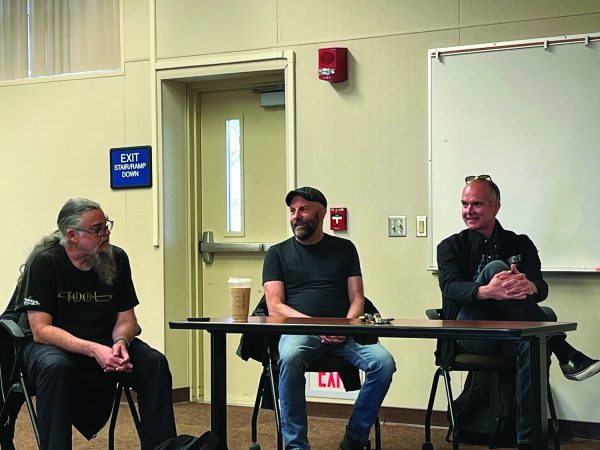Academic senate leaders perspectives on racial and gender equity
February 3, 2021
A webinar with three academic senate leaders was held to discuss their views about their racial and gender equity perspectives in the public higher education, on Jan. 29.
In this four-part conversation series, Lark Park, director of the California Education Learning Lab, was joined with Academic Senate leaders Dr. Dolores Davison, Dr. Robert Keith Collins, and Dr. Mary Gauvain.
The California Education Learning Lab was passed as a bill in 2018 to close gaps between equity and achievements in students who specifically want a STEM career.
Dr. Davison is the President of the Academic Senate for the California Community Colleges and a Professor of History and Women’s Studies at Foothill College. Dr. Robert Keith Collins is the Chair of the Academic Senate of the California State University, an Associate Professor of American Indian Studies at San Francisco State University, and a four-field trained anthropologist. Dr. Gauvain, is the Chair of the Academic Senate of the University of California and a Professor of Psychology for the University of California Riverside.
The three guests answered a series of questions about the topic of racial and gender equity.
One of Park’s first opening questions to the senate leaders was when talking about race and gender equity about students, what they really talked about, and faculty talking about the same thing.
“Equity is really about providing students with the opportunity and support that they can succeed,” stated by Dr. Gauvain.
Gauvain then went on to say that students should be able to succeed and do what they want to do and not be tied restrained by society,”Equity really just is a fundamental core value,” she added.
Dr. Collins explained how it is important for faculty to use their voices to bring up the issues about “fairness and impartiality.”
“Faculty are really using the classroom to engage these issues not only in terms of research that helps to grow fields but also so that they turn into pedagogical resources,” Dr. Collins said. He explained this will help students know what fairness really is and how the lack thereof can cause more inequality and impartiality in an environment like school.
Dr. Davinson gave her perspective as the President of the community colleges, “I would argue that at any of our 115 degree-granting institutions and 116th which is a fully online college you will see faculty making significant changes throughout the institutions to ensure that equity is a central focus of everything they do in and out of the classroom, the athletic field, the counseling office, the lab, wherever they are.”
The panelists continue to answer questions from their perspectives from the campuses they work at and how their campuses implement the idea or topic of race and gender equity to be talked about or minimize the gaps caused by and h0w similar the ideas of these campuses are even if they are from different campuses.
Dr. Davinson brought up how faculty should be involved in this discussion and the student services professionals because they are the ones that students usually see and communicate with more to be able to minimize this gap with race and gender.
They also discussed what keeps them inspired during quarantine and what they admire about their comrades.





